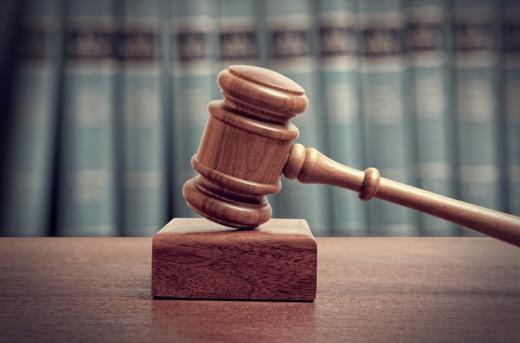Most personal injury claims can be handled without ever having to go to trial. In fact, you can often resolve these issues without even filing a lawsuit. If you do have to file a lawsuit, you can likely still settle the claim before it ends up in court. However, if your personal injury claim does become a lawsuit, it will be helpful to understand the process and know what to expect.
Why Might Your Claim Become A Lawsuit?
When you file a personal injury claim, typically against the insurance policy of the liable party, your attorney negotiates with the insurance company to come to an agreeable settlement amount that will cover your expenses and damages. Many insurance companies are becoming less and less accommodating when it comes to these negotiations. They are under more pressure to minimize the value of personal injury claim settlements, and they are less willing to increase their offers. If the insurance company will not agree to a settlement amount that will cover your damages and compensate your losses fairly, then this is when it may be necessary to file a lawsuit.
In some cases, the insurance company will take you more seriously as soon as you employ an attorney to handle the negotiations. In other cases, you won’t be taken seriously until the lawsuit is actually filed. Then, there are those cases that cannot be resolved without taking the lawsuit all the way to the courtroom. The following information is what you need to know when this happens.
How To File A Personal Injury Lawsuit in North Carolina
The first step in your personal injury lawsuit, after hiring an attorney and failing to reach a settlement through initial negotiations, is to file a claim against the responsible party or tortfeasor, who is then the defendant in the case. If the compensation you are seeking is greater than $10K, you will file your claim with the Superior Court. If the compensation you are seeking is less than $10K, you will file your claim with the District Court. In either case, it will be filed with the Civil Division. Which court you file your claim with will determine how the pretrial process proceeds.
The Next Steps In Your Personal Injury Lawsuit
The defendant will be served with the lawsuit that you have filed, and they will have time to respond to the lawsuit by admitting to the allegations you’ve made or by denying them. If the defendant has any counterclaims or an affirmative defense, then they can include this in their response. Once the defendant has responded to the allegations, the period of discovery will begin. This is where each side has the opportunity to prepare for the trial and to investigate the case through depositions (talking to the involved parties) and interrogatories (presenting written questions to the involved parties). This is also the time to find any other evidence that is relevant to the case, like medical documents and bills.
Pre-Trial Phase Based On Which Court You Filed Your Lawsuit With
Depending on whether you filed your lawsuit with the District Court or the Superior Court, the pre-trial process will be different. With District Court lawsuits, there is usually a non-binding arbitration in which a court-appointed arbitrator conducts a miniature version of a trial to come to a decision in the case. This will involve reviewing the relevant documents, hearing relevant testimonies, and judging the case. This may be the final step in your lawsuit if nobody appeals. If you or the other party does appeal, then the case will go to an actual trial in front of a jury, where the arbitrator’s decision will not be heard. You and the defendant both have 30 days to appeal the arbitrator’s decision.
When you file your lawsuit in the Superior Court, the arbitration will not be a part of the process. Rather, there will likely be a mediator who will work with you and the defense to negotiate an agreement that will allow you to settle the lawsuit without going to court. A successful mediation will result in an agreement between yourself and the defendant which concludes your lawsuit. Unsuccessful mediation will mean that your case is going to go to trial.
When Your North Carolina Personal Injury Lawsuit Goes To Trial
There are different rules and procedures associated with when your case will go to trial, depending on where you live in North Carolina, but most personal injury lawsuits will be scheduled for trial within one year of filing. Having said that, sometimes it will take even longer, particularly in smaller or more rural counties where cases are not heard as often. When you do go to trial, you will have the opportunity to present your evidence and testimony, and so will the defense. The jury will come to a decision based on the information heard at trial, and this will finalize the case, unless someone appeals. Appeals can take a long time and the whole trial process is risky for both sides. This is why people will generally want to come to an agreement via negotiation before the trial. Your dedicated Charlotte personal injury attorney can help you with each step of the process and may keep you from having to go to trial at all. Contact Brown Moore & Associates to schedule a free consultation for your North Carolina personal injury claim.

